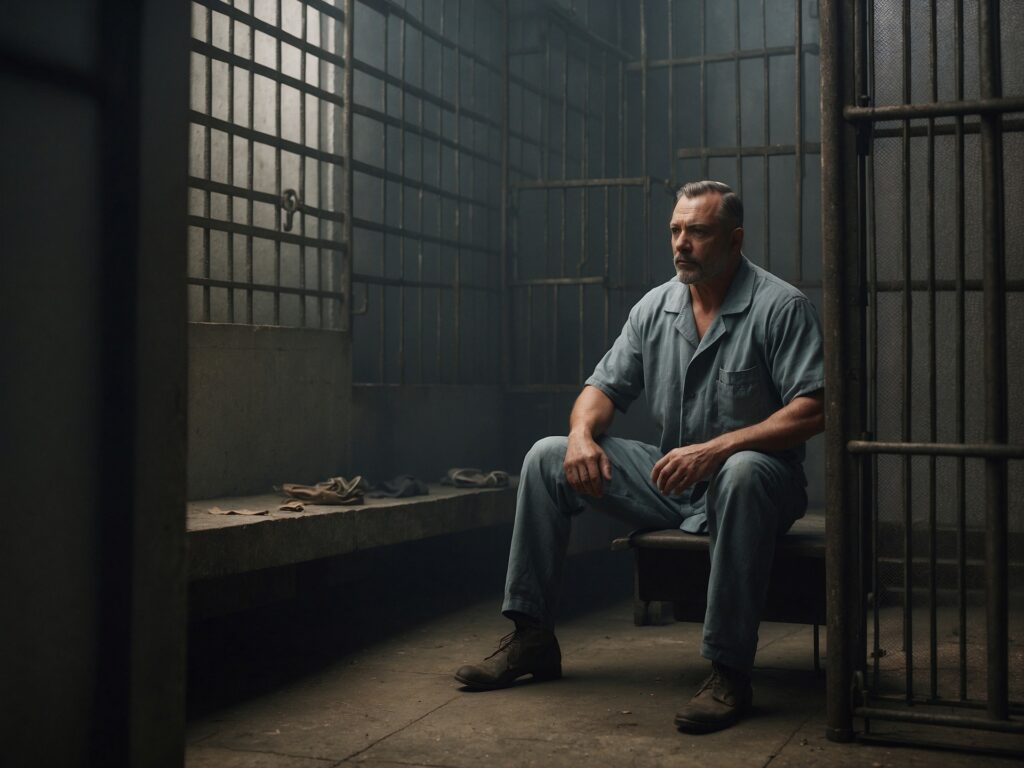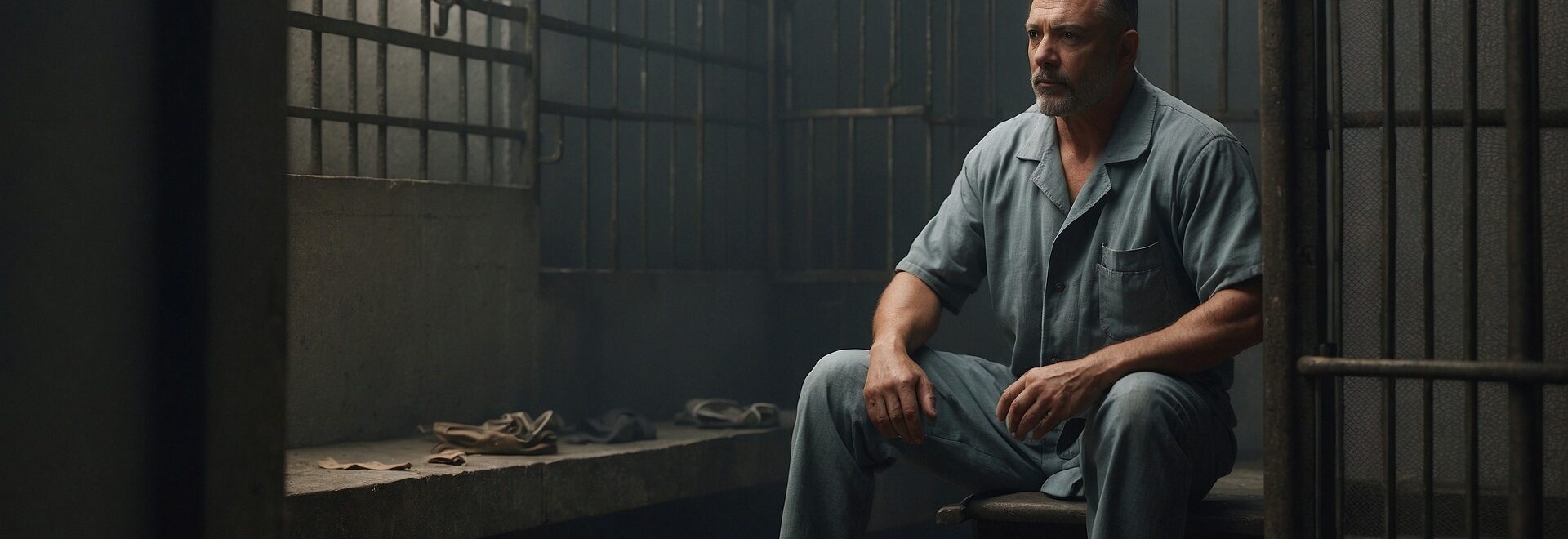
Hey there! Today we’re going to talk about the
difference between jail and prison. You might have
heard these words on TV or in movies, but do you know what makes them different? Jail is
like a short-term place where people are held if they are waiting for their trial or if they have
been sentenced to a short time in jail, usually less than a year. It’s like a temporary place
for people charged with a crime. On the other hand, prison is a place for people who have
been found guilty of a serious crime and are serving a longer sentence, usually more than a
year. It’s a more long-term place for people who have been convicted of a crime. So, in
simple terms, jail is for short stays and prison is for longer stays. Remember, both jails and
Prisons are serious places and it’s important to stay on the right side of the law! Jail and
prison are two different places where people who have done something against the law can
be kept. Jail is for people who are waiting for their trial or have been given a short sentence,
like less than a year. It’s a temporary place. On the other hand, prison is for people who
have been found guilty of a serious crime and are serving a longer sentence, usually more
than a year. It’s a more long-term place. From a legal perspective, the primary distinction
between jail and prison lies in their intended purposes and the types of offenders they
house. Jail primarily detains individuals awaiting trial or serving short sentences, usually
less than a year. In contrast, prison incarcerates individuals who have been convicted of
more serious criminal offenses and are serving longer sentences, typically exceeding a
year. This legal categorization reflects the differing levels of security, and resources
required for each type of facility, as well as the varying stages of the criminal justice
process that the inmates are undergoing. On the human side, the experience of being in
jail versus in prison also differs significantly. Individuals in jail may face uncertainty about
their future and the outcome of their pending legal proceedings, as well as the challenges
of adjusting to a restrictive environment. For those in prison, the experience involves a
long-term separation from society, necessitating adaptation to the rigid routines and the
psychological impact of a prolonged period of incarceration. Each setting carries its own
emotional and mental strains, reflecting the distinct purposes they serve within the
criminal justice system. Simply put, jail is like a short visit, and prison is for a longer
stay. Both jail and prison are places where people must be careful and follow the rules
because they are serious places. It’s important to always stay on the right side of the law
and make good choices. In conclusion, jail and prison may sound similar, but they are
different. Jail is for short stays, like waiting for a trial or serving a small punishment, and it’s
run by local governments. Prison is for longer stays after being found guilty of a serious
crime, and it’s run by the state or federal government. Both places are for people who break
the law, but they have different rules and purposes.

